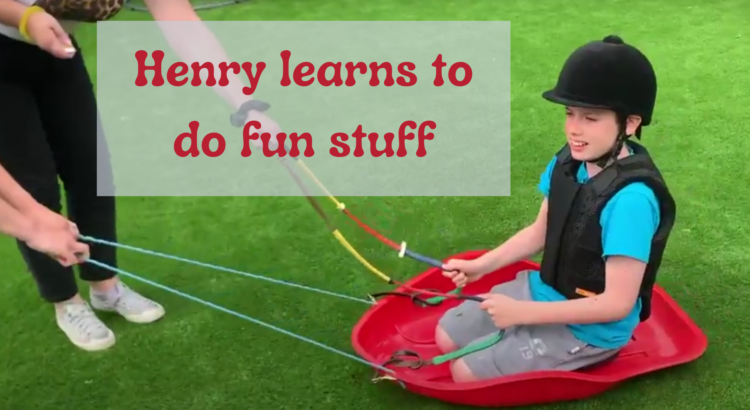By Emma Wicks
My son Henry (now 11) was diagnosed with autism at the age of two and a half. Despite his complex needs and communication difficulties, TAGteach has been a simple yet effective tool for Henry and his family and tutors to help pinpoint the precise movements that enable him to get the most out of his hobbies, school, and day to day routines.
Happiness for Henry was Paramount
Like all parents, I wanted Henry to gain the skills needed to enjoy an independent, fulfilling, and happy life. With complex special educational needs (SEN), this throws up some challenges both for the child with SEN and the parent. I qualified as a Montessori teacher in 2013 and believed in the importance of following a child’s interests and allowing them time to discover, explore and just ‘be’.
Read More


